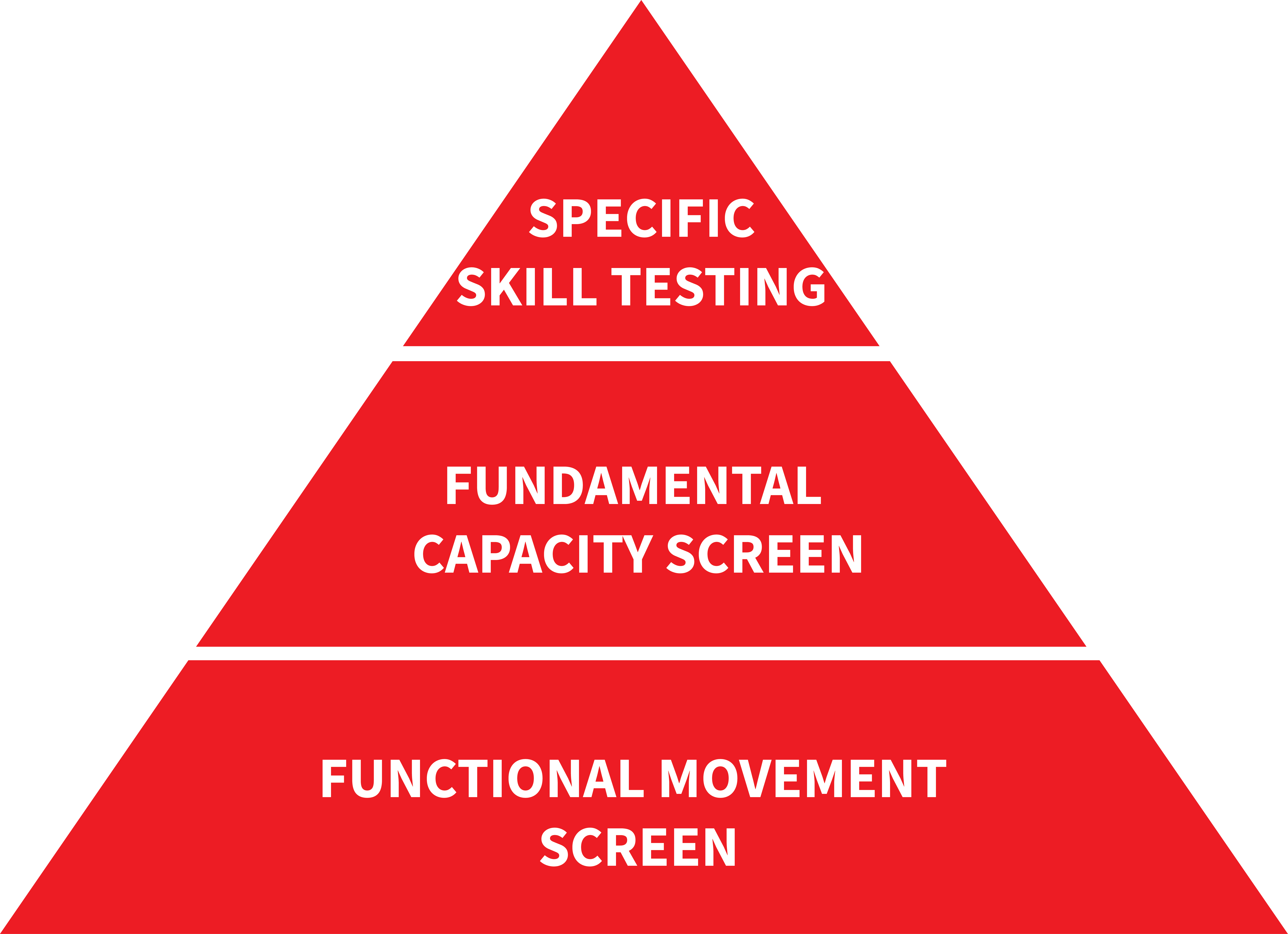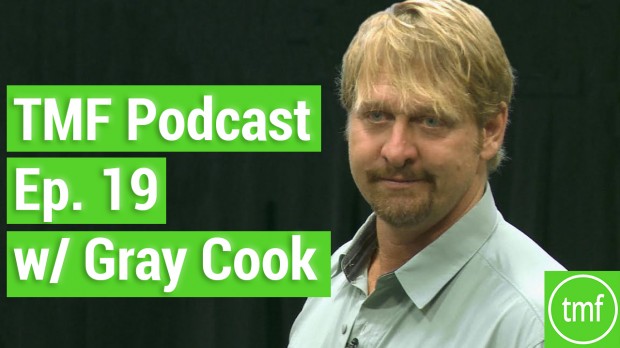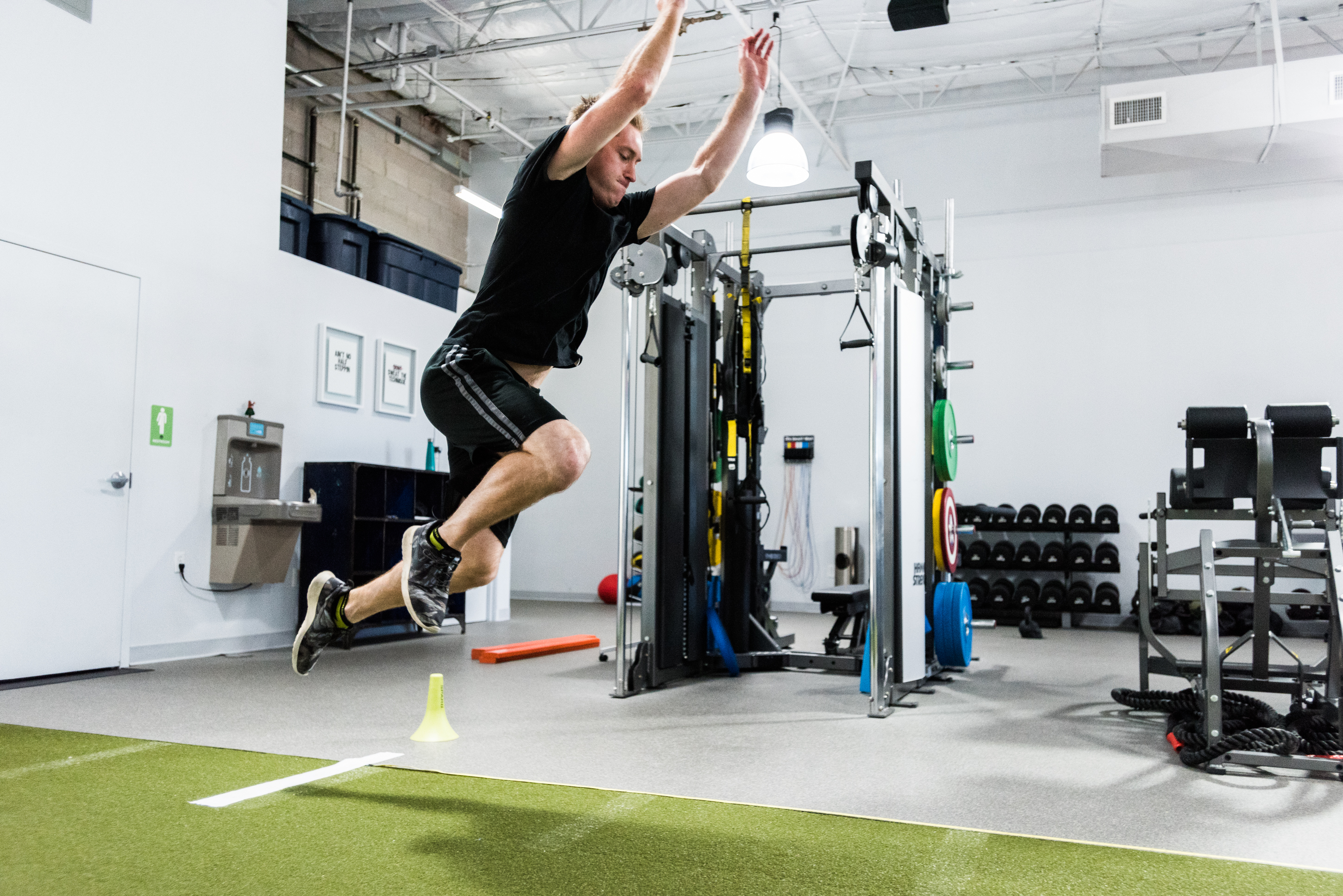Inside the Elements of the FCS
Written by Gray Cook FCS
In our lastest Whiteboard talk, FMS co-founder, Gray Cook, breaks down the elemental expression of fitness measured in the FCS and outlines how it fits with the FMS. While the FMS helps identify dysfunction in movement patterns, the FCS allows us to categorize if fitness issues are related to capacity or skill. We are able to tailor individual programs accordingly with this information.
Here's a brief outline of the talk, including a few highlights:
0:28 - 1:46 | Importance of Evaluating Movement (using the FMS)
- "Movement Literacy is your ability to read and write movement patterns."
- Movement literacy means that "not only can you identify movement patterns, you can reproduce it as easily as another person."
- "Most of your questions about fitness may be inappropriate if you can't read and write movement patterns."
1:46 - 7:21 | Introduction to Movement Capacities Evaluated by FCS
- "From movement literacy, you get four fundamental movement capacities: 1) Crawl/Climb (Independent Limb Competency); 2) Postural Control; 3) Explosive Control; 4) Impact Control."
- “What's the difference between a carry and a lift? A lift exploits your prime movers and your stabilizers but a carry REALLY presses your stabilizers.”
- “We can all do more deadlifts than we can do good deadlifts. The difference between a good and bad deadlift is not your prime mover, it’s the way you stabilize."
- “Your brain most often remembers the last rep you do and if it's ugly, you just hit save on a document that you really don’t want to hit save on.”
7:21 - 10:00 | How the FMS and FCS Work Together
- "I can measure the fitness of a three-year-old. Not by the skills or activities we taught them, but by these four capacities. Almost every athletic or work-related opportunity we will ever have is simply a blend of those four capacities."
- “Most performance tests already have a programming agenda and a skill or sport bias.”
- "Now fitness testing looks a lot more like an eye chart or a blood pressure cuff. Just because you're one decade older, you don’t change those devices.”
- "Isn’t it funny how we test kids, old people, teenagers and pro-athletes different? In a skill specialized environment there will be additional tests, but the fundamental test should remain the same. Otherwise, we have no perspective across long-term movement development."
Related Resources
Please login to leave a comment
4 Comments
-
-
-

Shahaf Levin 6/13/2017 7:50:23 PM
Hi, Is there a FCS oriented textbook coming out (like Movement is to FMS)? Or online course maybe? The MCS section added to the online FMS level 1 course is great and I learned allot from it, but a more in depth textbook and the rest of the screen is still a missing peace in my mind. I would love to attend a FCS event, but these are sparse and only in the US as far as I can tell...
Pro Demo 6/19/2017 2:20:24 PM
Shahaf, Thank you for being an avid learner. Unfortunately, all FCS learning material is covered during the live course. We have several articles explaining the FCS, but nothing along the lines of educational material. We would love to see you at one of our courses soon.



